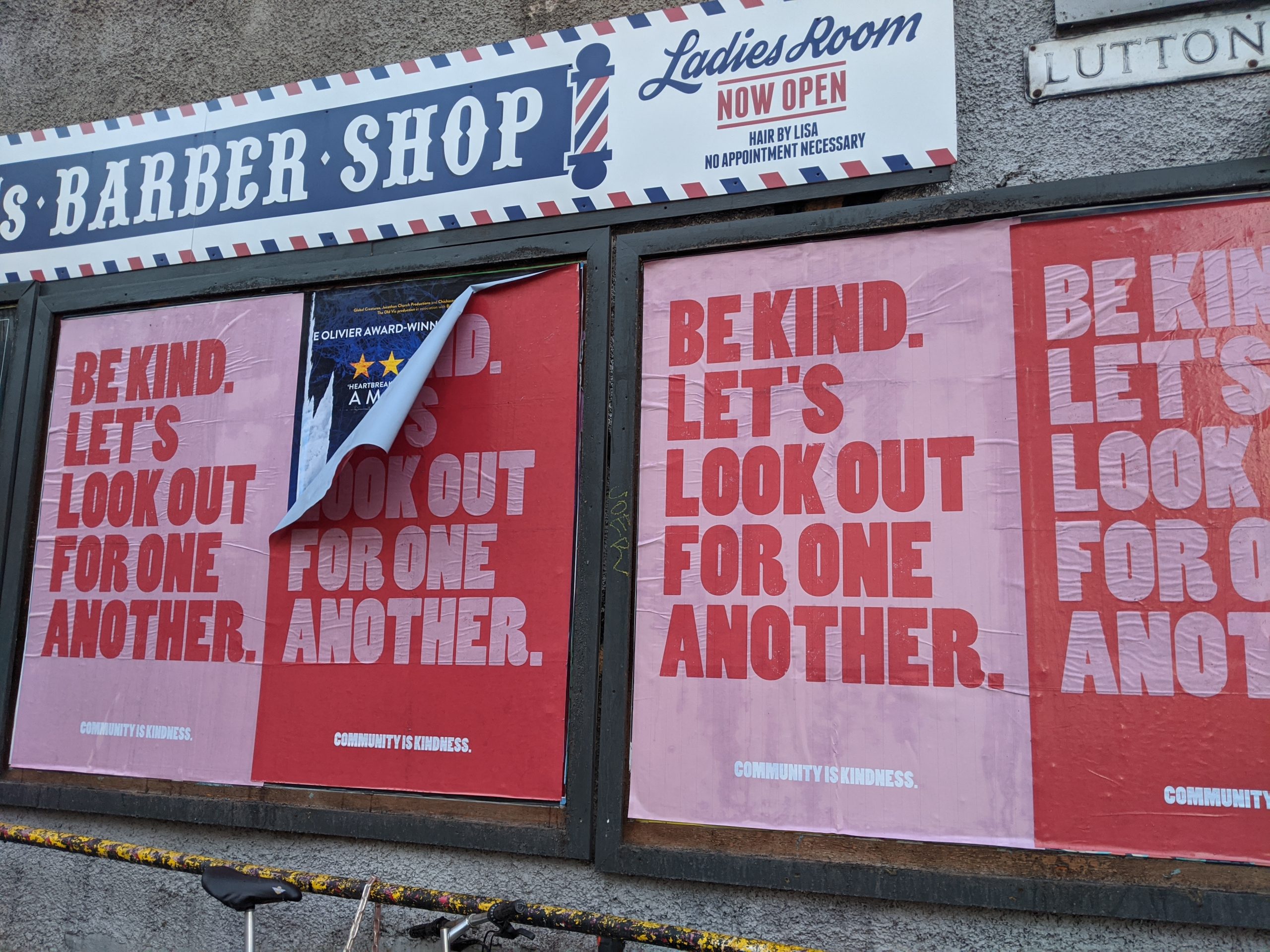
Many of us are struggling at the moment—I know I am. Living an ocean away during a global pandemic creates new anxieties that I have never before experienced. I worry about my family and friends and when I will get to see them next. I fret about lockdowns and flight cancellations. I worry about the health of strangers I pass on the street, and my sanity.
What gives me solace is knowing that I am not alone in my situation or feelings. Like myself, many other people are hunkered down in nations that are not their own. I spoke with three friends in this situation: Ana from Serbia living in Scotland, Rubén from Spain living in England, and Annalycia from the U.S. living in Spain. Each conversation shed light on the different approaches countries around the world are taking to contain the virus. More importantly, what I learned is that it does not matter where you are from; whether it is Appalachia or Galicia, we are all facing the same crisis.
This virus defies borders, and the situation in Serbia, the UK, or Spain matters to Appalachia just as Appalachia’s story should matter to these nations. Now is a time to build fellowship across borders and stand in solidarity with one another.
On March 14, the government of Serbia declared a national emergency. In the days following the announcement, strict regulations were put in place. As Ana described, the Serbian approach is quite different than that of the UK. “For three weeks, I think, they have had a curfew, a very strict quarantine. People are being chased away from the streets by police” she said.
Additionally, the Serbian government enforced strict quarantine rules for returning Serbs. Many Serbians work abroad in other European countries and, when they returned home in record numbers to quarantine, the government took action. Though part of Europe, Serbia is not part of the European Union, and this diplomatic separation from the EU allowed the Serbian government to reach out to China for help. China responded by sending medical professionals and resources.
While Serbia and the rest of Europe are in the midst of the coronavirus pandemic, it has been reported that China is beginning to recover.
“I feel everyone was a bit relaxed while it was only in China and they weren’t even following what was happening there,” Ana said. “If they were [paying attention] everyone could’ve been prepared in Europe a bit better than they are now. I think what globally can be learned is just to care a bit more about what’s happening in other countries.”
Rubén in quarantine in England echoed many of Ana’s sentiments. His home country, Spain, has the second highest number of confirmed cases (behind the U.S.). Like Ana, he expressed feeling anxiety over watching the situation unfold in his country and felt relieved that he was not at home. “It’s much better to be here [in England] because we can still go outside,” he said.
Spain is under a strict lockdown. Spaniards can only leave their homes to access essential services like grocery stores or pharmacies. The UK has also implemented lockdown measures, but without strict enforcement. Britons are permitted outside for daily exercise and visits to essential businesses like grocery stores.
In spite of the global chaos, Rubén is using quarantine as a time of reflection. “I am working on myself and personal growth,” he said. With work moved online, Rubén finally has time to focus on the passions and hobbies he had been neglecting, like running and gardening. Those outlets are helping him cope during an otherwise-stressful time.
Annalycia, who is locked down in Spain, is also finding activities to maintain her sanity like watching TV, reading, and spending time with her flatmates. Based in southern Spain, Annalycia lives in a rural area.
“Living in the least-connected part of Spain has done me some favors for the first time ever,” she said. By this she meant that her community feels somewhat detached from the chaos unfolding in Madrid and other densely populated cities. However, this detachment is also concerning.
“The worst cases have been in places that are rich. And they are freaking out because they don’t have access to things,” Annalycia said. If the situation worsens in her community, she worries that there will not be enough resources to protect people. Despite underlying anxiety about the future, Annalycia feels confident in her decision to remain in the country.
Like Annalycia, I feel confident in my decision to remain in the UK. If I would have traveled home, I could have unknowingly spread the virus or endangered my family.

This is truly a terrible moment in time around the world. Weddings, concerts, and graduations are canceled. Death tolls continue to rise along with temperatures as spring arrives in the northern hemisphere. All we can do right now is hold onto the little moments of joy and support each other through this difficult time. Even though it feels a bit dystopian, the internet keeps us connected. Through video calls, emails (digital letters), and memes we can check in on loved ones, relieve our anxiety, and have a laugh.
Ana, Rubén, and Annalycia, like the rest of us, are remaining as collected as possible in these uncertain times. None of us know when this will end, but in the meantime we can continue to share stories, kindness, and knowledge.
Annie is currently finishing her Master’s degree online from the confines of her shared flat in Edinburgh. She is finding moments of joy in walks with her flatmate, longer days, and less traffic.
The Spanish version of this story was translated by Rubén Babío, who was also interviewed for this story. Rubén is a Spanish teacher to British students. With school closed for the year, he can use his language abilities for translation. In addition to Spanish and English, Rubén speaks French and is currently learning Arabic and Italian.


